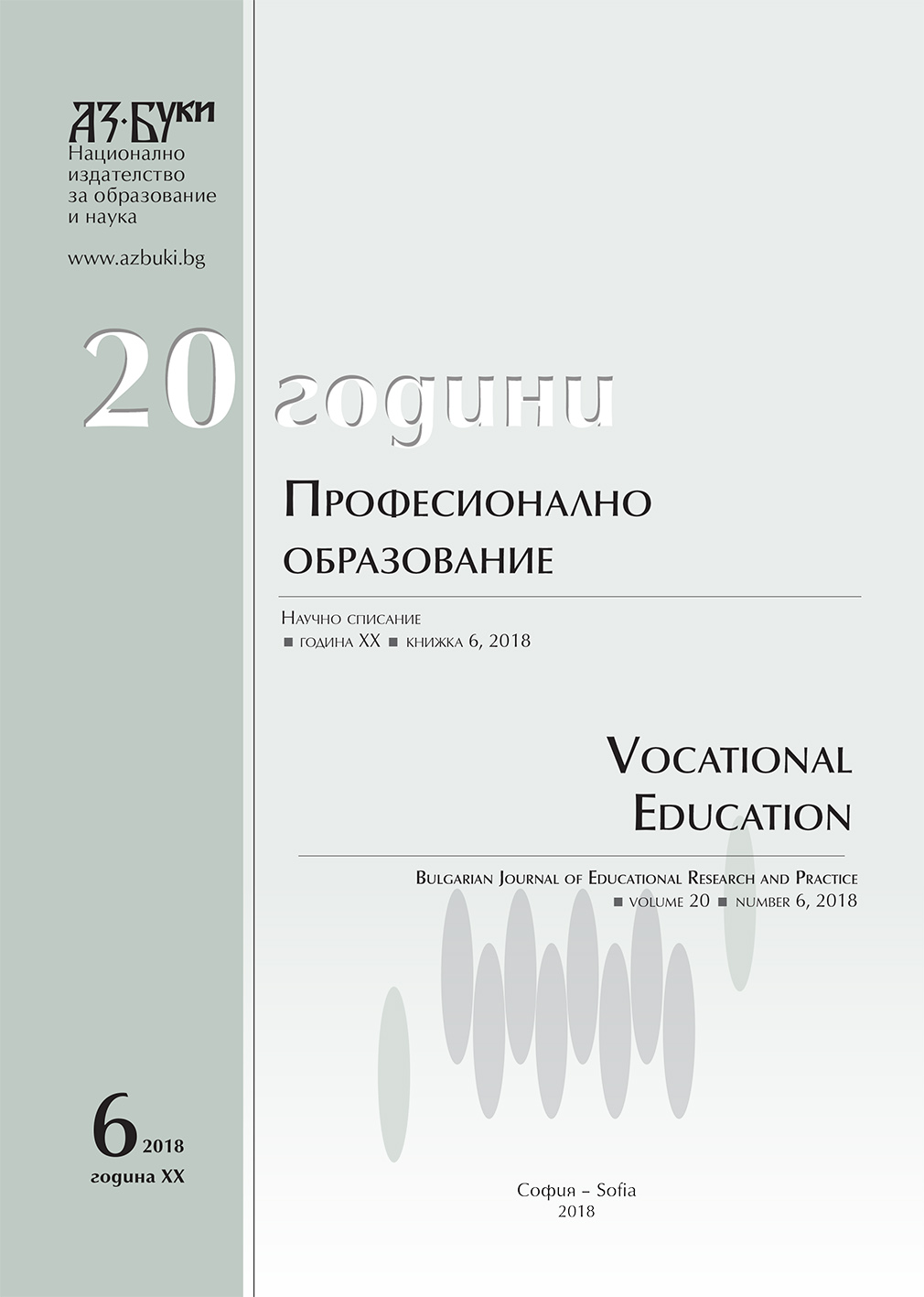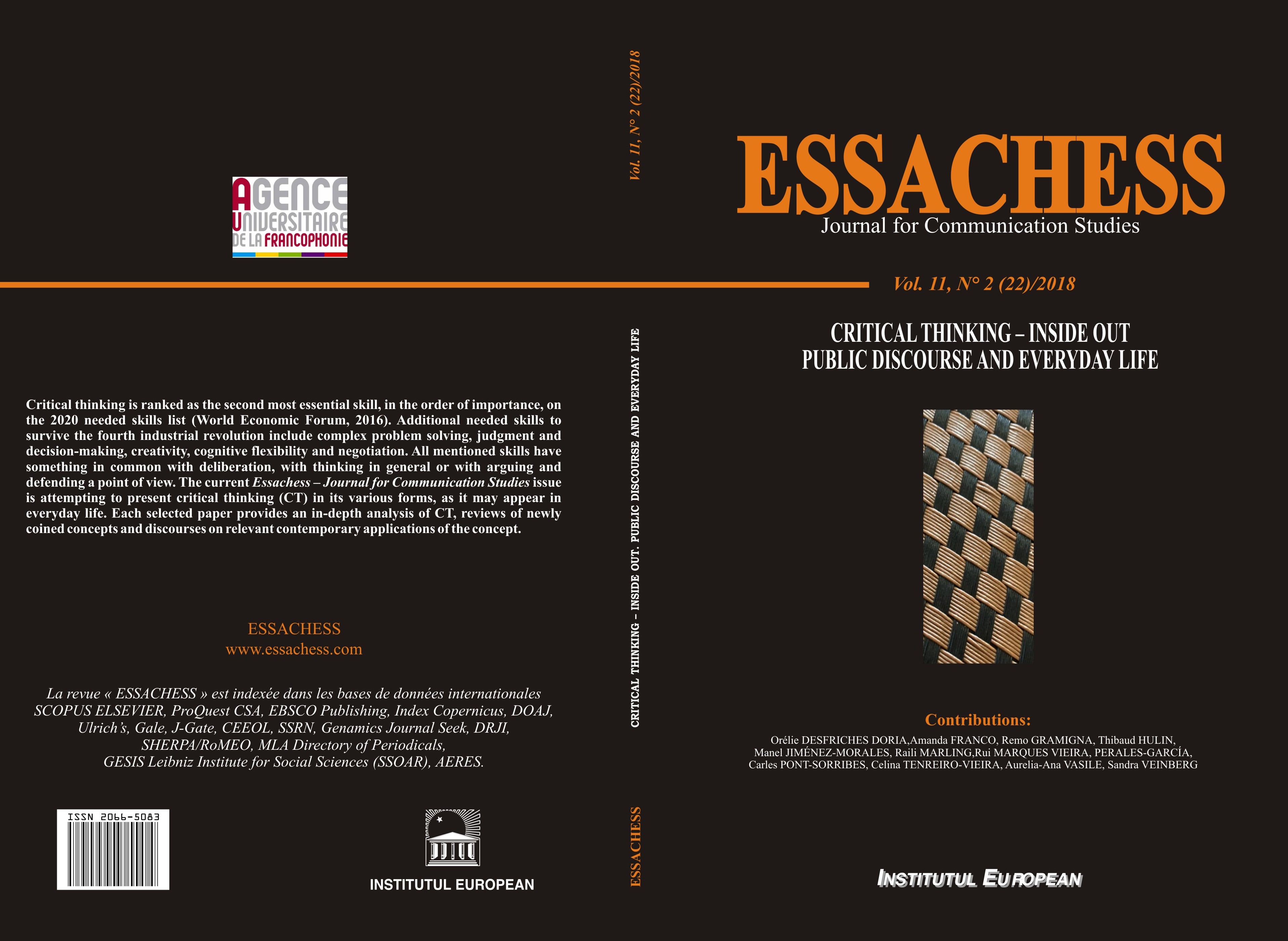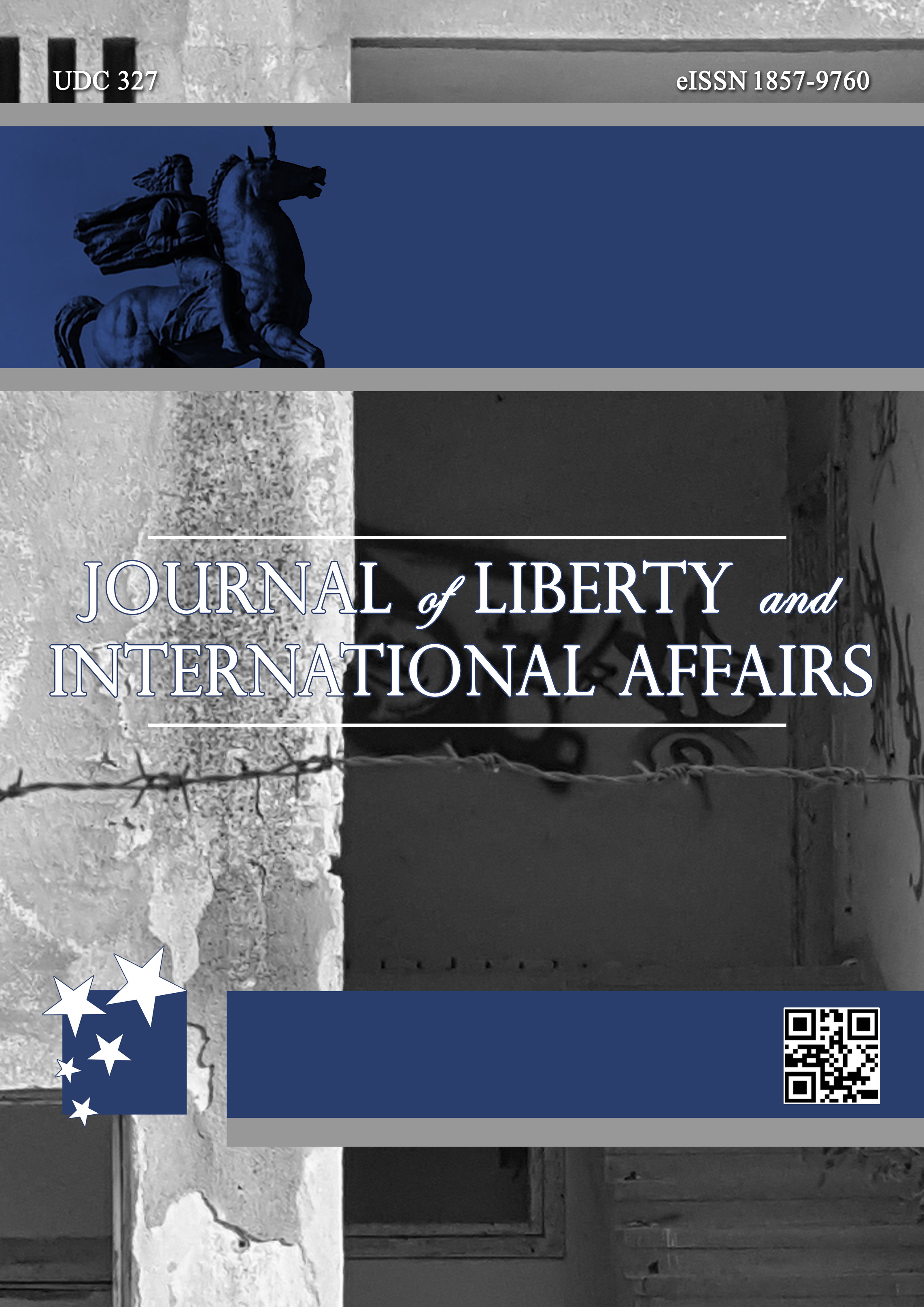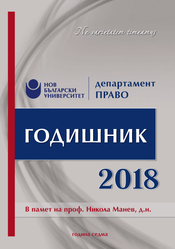ESAD’IN ULUSLARARASI CEZA MAHKEMESİ’NDE YARGILANMASI ve ORTA DOĞU’DA RUSYA FAKTÖRÜ
If the International Criminal Court (ICC) can not prosecute leaders who committed war crimes, it will be the end of justice and system for the international community. This study, examines both the efforts of international community to prosecute Assad, who committed war crimes in Syria, in the ICC, and the Russian factor in UN Security Council (UNSC), which has the authority for the statute of the international court of justice. The responsibility of Assad has been watched for a long time due to his crimes against humanity and war crimes in Syria. It is also vital that the General Secretary of UN declared that Assad committed crimes against humanity and war crimes and he must be prosecuted. In this regard, it is crucial how to prosecute Assad, because Syria has not ratified the Rome Statute of the ICC, so, just the attempt of the ICC Prosecutor for the jurisdiction over Assad in the ICC is inadequate.
More...










